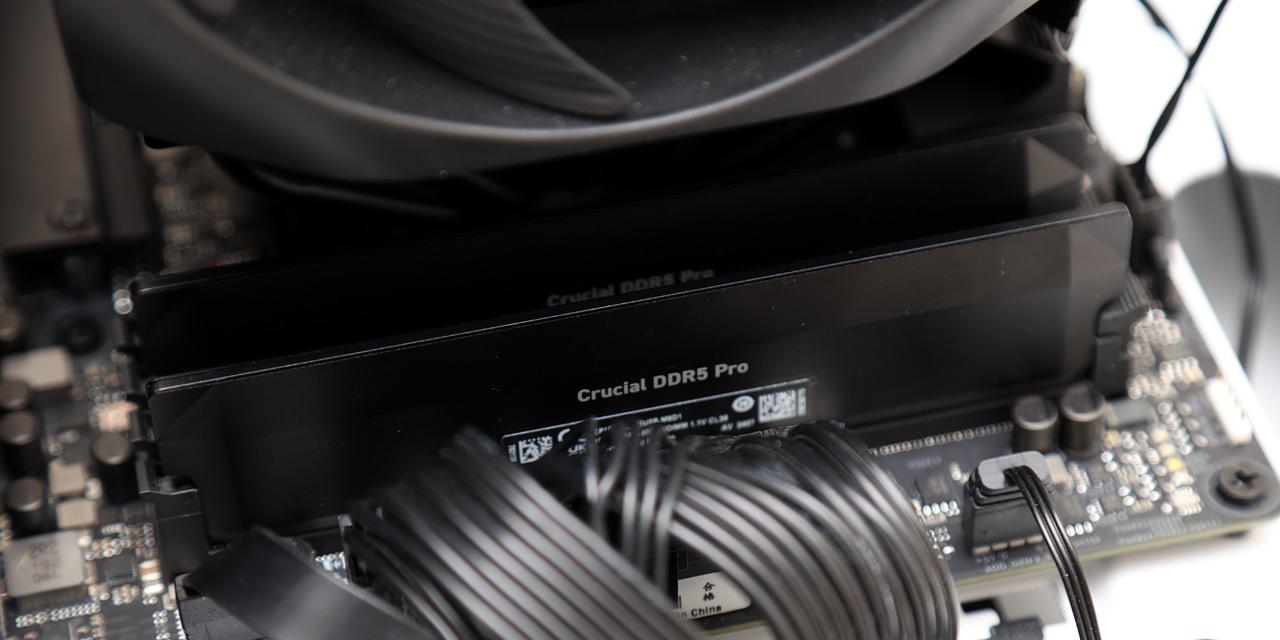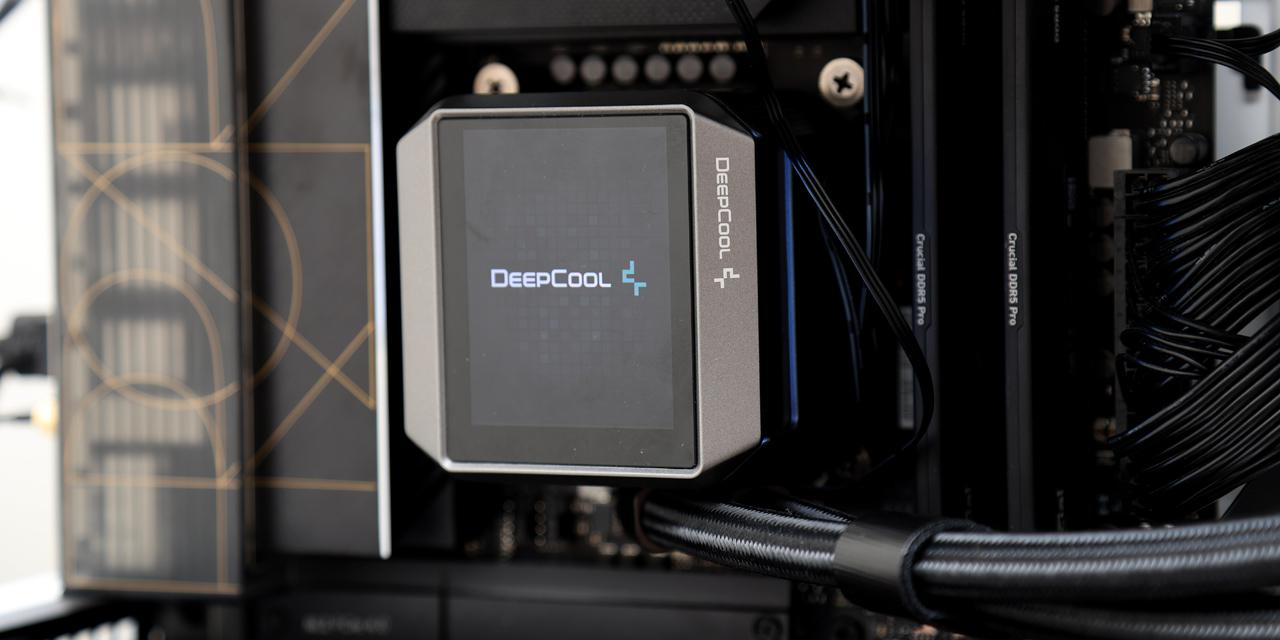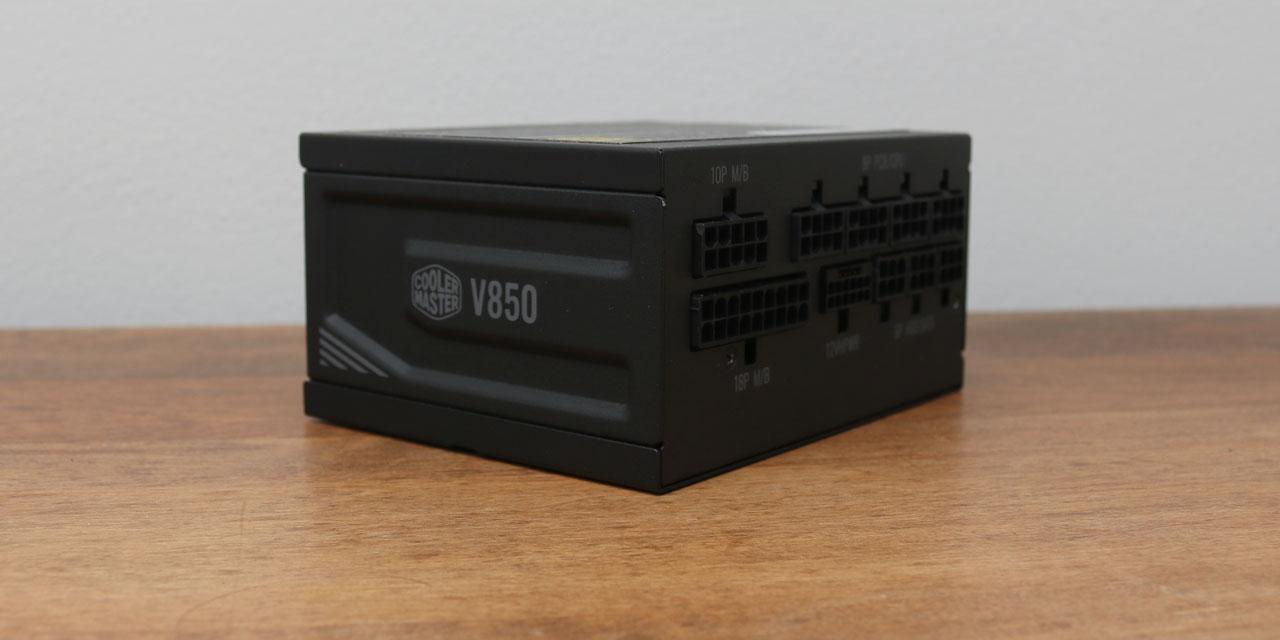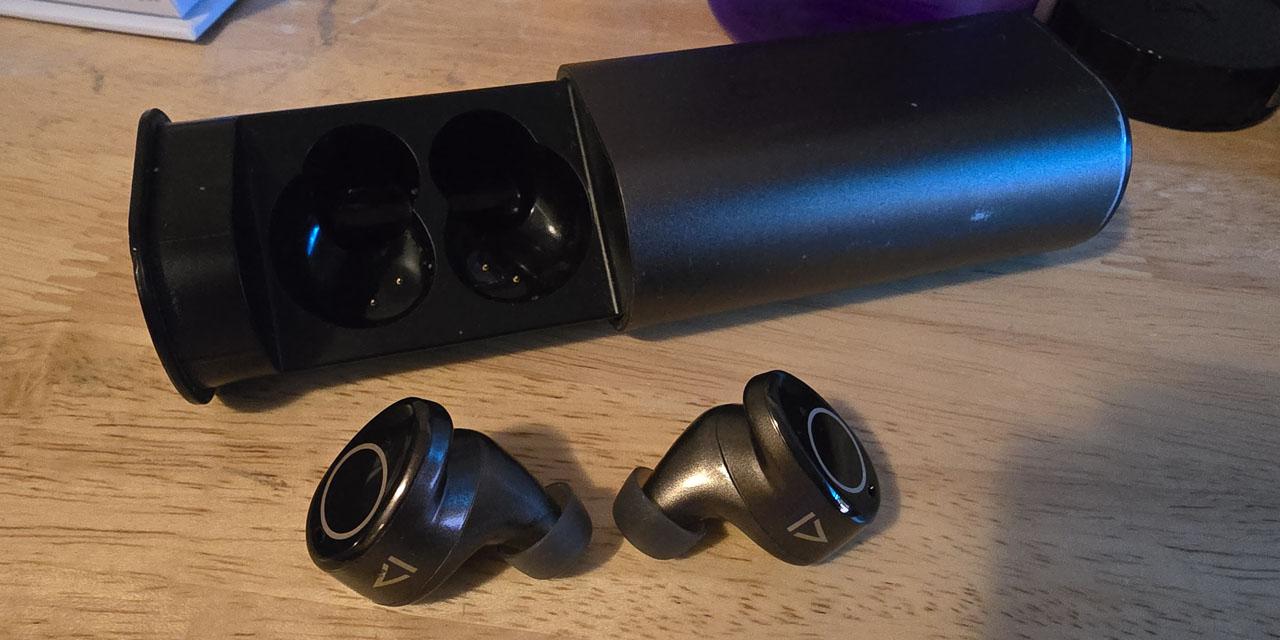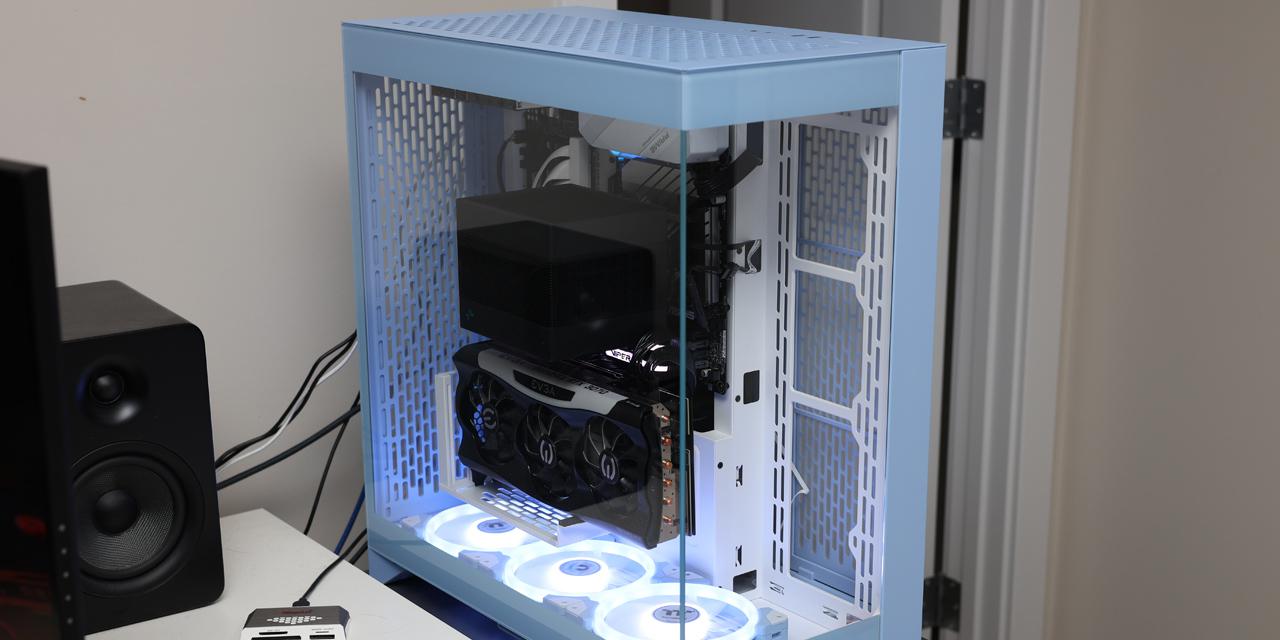From DailyTech: With regulatory approvals (or lapsed periods of challenge, in some cases) in hand, Verizon Communications Inc. (VZ) and Vodafone Plc (LON:VOD) this week triumphantly announced the amicable end to their biggest relationship.
Under the deal Verizon Communications will pay $130B USD to Vodafone shareholders for their 45 percent stake in Verizon Wireless, giving Verizon Communications sole ownership of Verizon Wireless.
Vodafone, meanwhile, will pay $3.5B USD back to Verizon for its 23.1 percent minority stake in Vodafone Italy, returning full control of the Italian carrier to Vodafone. Lastly, Verizon Communications will also take on $2.5B USD of Vodafone's debt obligations, making the total deal worth roughly $129B USD.
Of the $129B USD in the deal, $58.9B USD is cash. Where does one get close to sixty billion dollars in cash? Well, you go to the bank, of course.
The deal is funded by:
Bond Offerings
$49B USD (U.S., 8-part, Sept. 2013)
$5.4B USD (Europe, 3-part, Feb. 2014)
Bridge Loan
1-year
$6.6B USD
The tough work of funding the deal began last year when Verizon carried out an eight-part series of bond offerings designed to raise $49B USD. To get that money, it tapped the experts. Its lead bank underwriters were:
JPMorgan Chase & Comp. (JPM)
Morgan Stanley (MS)
Bank of America Corp. (BAC)
Barclays plc (LON:BARC)
For the banks, this was a sweet payday as the fees Verizon paid them were above average for debt offerings. The total payments to the top four banks were $41.6M USD a piece, with $265.3M USD in total paid to these banks and other smaller underwriters. But Verizon Communications actually only paid about half of that as Vodafone agreed to split the fees.
The offering was a wild success, achieving its lofty goal. The strong interest was driven by Verizon's willingess to sweeten the deal on the interest rates of its bonds, which varied in length from 3 years to 30 years. Its two biggest offerings were a 10-year bond with a 5.15 percent yield and a 30-year bond with a 6.55 percent yield. Those were some nice rates versus the 2.90 percent and 3.90 percent the U.S. Department of the Treasury was offering at the time.
Verizon could afford to give bond buyers and the banks a bit more thanks to the last year's low interest rates and its strong credit. The Verizon Communications bond sale set a record for investment-grade bonds, breaking the record set earlier in the year by Apple, Inc. (AAPL). Sprint Nextel Corp. (S) similarly achieved the largest debt offering in five years for junk grade bonds last year, selling $6.5B USD in bonds in Sept. 2013.
Earlier this month it wrapped up the final two instruments it needed to pay for the deal: a $6.6B USD bridge loan from its creditors and a $5.4B USD bond offering in Europe. Verizon Communications chose Europe for its final smaller sale, as interest rates in Europe are currently significantly lower than in the U.S. Some of this debt carried a 2.06 percent return, versus 1.18 for 12-year swappable European bonds. The bonds offered in the UK were set at 1.45 percent (145 basis points) more than UK government debt of the same length.
View: Article @ Source Site
